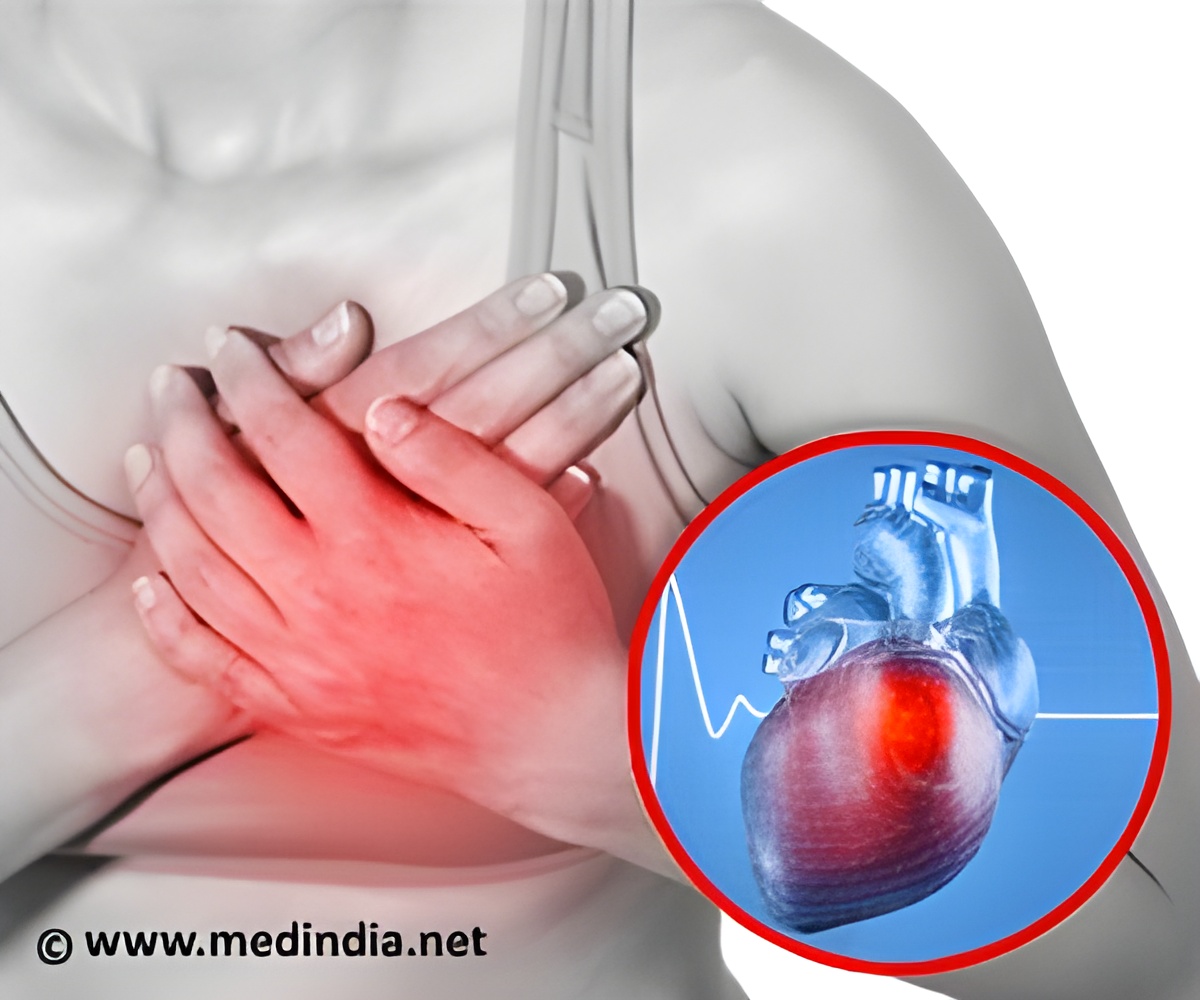
Protein apolipoprotein E (apoE) plays a major role in arterial softness, according to a discovery made by researchers from the Perelman School of Medicine, University of Pennsylvania, Wistar Institute, and the Children's Hospital of Philadelphia. ApoE is a component of several lipoproteins, including HDL, the "good" cholesterol, which is believed to prevent atherosclerosis (hardening of arteries, a major risk factor in cardiovascular risks), according to the journal Cell Reports.
The current study suggests that the apoE-containing HDL confers the main benefit of HDL by promoting arterial softness, according to a Philadelphia statement.
"HDL can't be looked at as just one compound, because it is a mixture of different molecular components," explained senior author Richard K. Assoian, professor of pharmacology at Perelman School.
"The component that has these effects on arterial stiffening is a minor part of total HDL. It might be the apoE HDL fraction that you need to keep high and not worry about the total HDL," he suggested.
"Because apoE is only about six percent of total HDL, it could go up sky high or not at all, and you probably wouldn't detect it in these studies that try to raise total HDL," added Assoian.
"Perhaps there are other routes that you could use, independent of cholesterol and statins, that could help keep atherosclerosis at bay," said co-first author Devashish Kothapalli.
Advertisement
Assoian noted that this could help to reconcile the conflicting clinical evidence regarding the link between HDL and reduced cardiovascular disease.
Advertisement
They then fed these mice with a high-fat diet and treated them with a lysyl oxidase inhibitor. Despite highly elevated cholesterol, mutant mice showed a marked improvement in their atherosclerosis.
The results suggest that the lack of apoE results in arterial stiffness.
Source-IANS










